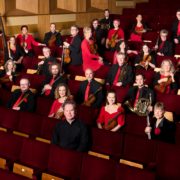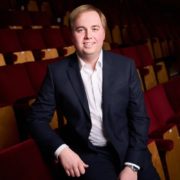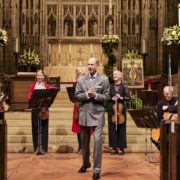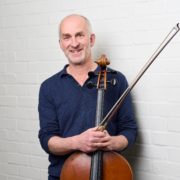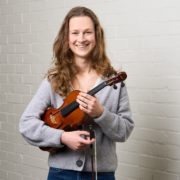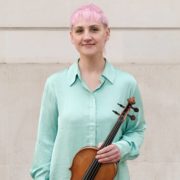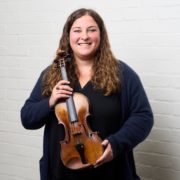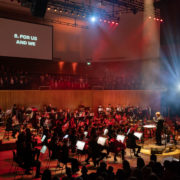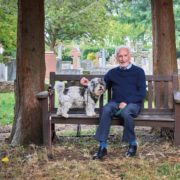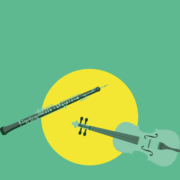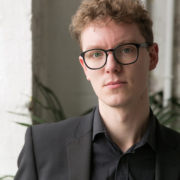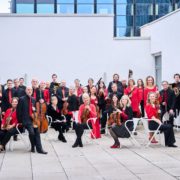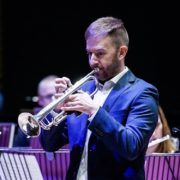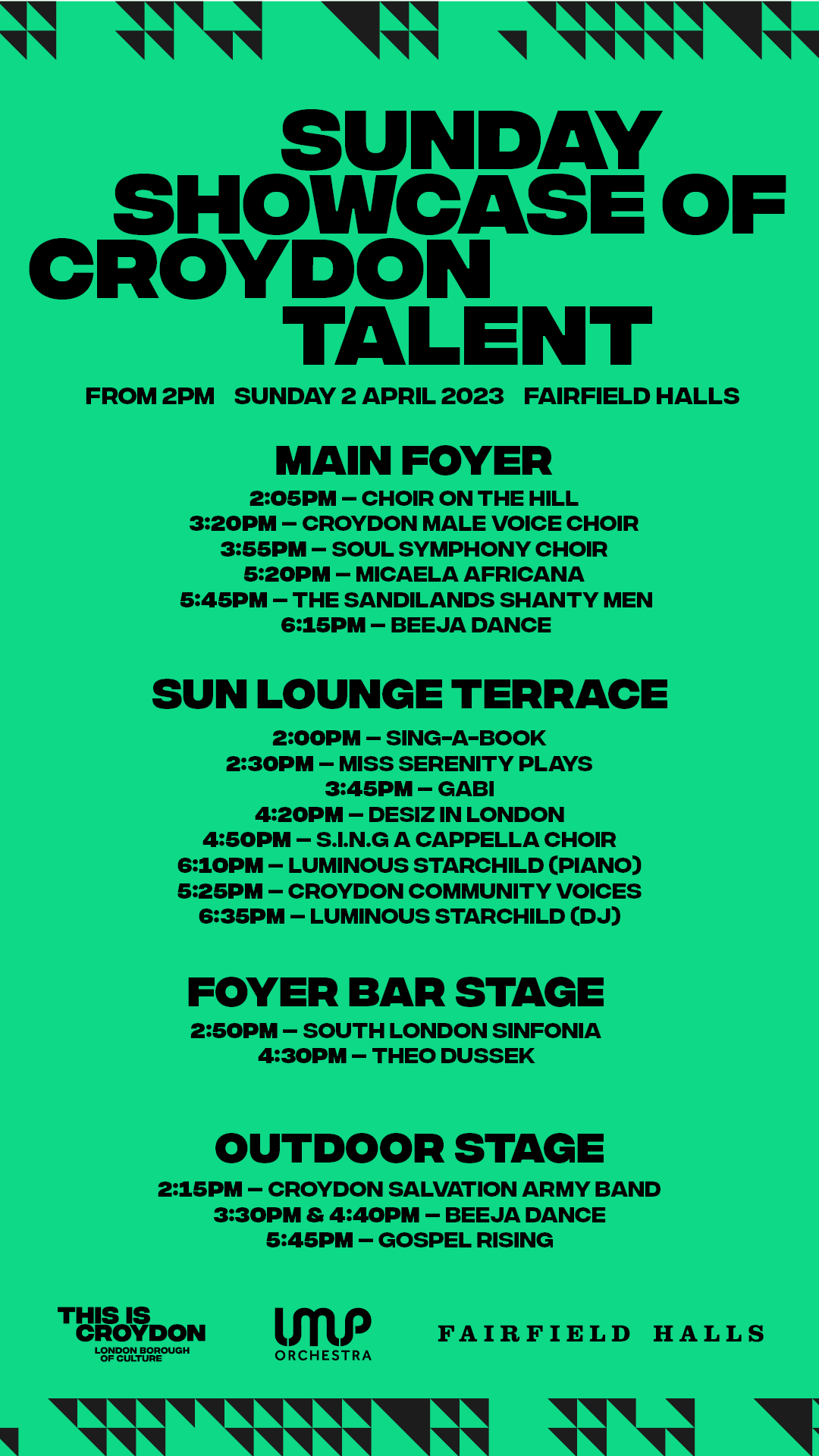It’s more than the music: announcing our 25/26 season with Jonathan Bloxham in new position of Principal Conductor and Artistic Advisor.
We are pleased to announce full details of our 2025/26 season, marking a new chapter with Jonathan Bloxham and deepening his long-standing collaboration with us.
Flynn Le Brocq, LMP Chief Executive, commented:
“LMP is informed by our wonderful audiences, supporters, collaborative artists and players and we wanted to programme a season that reflected the stories and people who make our orchestra unique. The LMP experience continues to lie at the heart of what we do, and we are committed to ensuring that everything we present is distinctive and accessible to all.”
For the new season, Jonathan Bloxham steps into a new role as Principal Conductor and Artistic Advisor, building on his three-year tenure as Conductor in Residence and Artistic Advisor. His pivotal influence at LMP has resulted in the creation of a new flagship series at St Martin-in-the-Fields, new touring opportunities in the UK and abroad and the creation of large-scale community events in our home borough, Croydon.
Jonathan Bloxham comments:
“I’ve had the most wonderful first three seasons with LMP, full of many highlights from touring in Europe together to our fantastic 75th Birthday Concert with very special soloists. It’s an honour to continue my relationship with this fantastic chamber orchestra in a new role as Principal Conductor and Artistic Advisor – and I’m grateful to all the players and management for their trust and commitment to our work going forward.”
We will open our season with Mozart, Master of Drama at St Martin-in-the-Fields (18 Sep) featuring soprano Danielle de Niese in all-Mozart programme. The following month, Bach’s Brandenburgs (17 October) are given an immersive treatment as live, bespoke visuals fill the walls as the orchestra plays.
Danielle De Niese commented:
“I am absolutely delighted to perform with LMP in an all-Mozart program. Having made my Metropolitan Opera debut at 19 in Mozart’s Marriage of Figaro with James Levine, I feel such a strong affinity with Mozart. However, this concert will be the first all-Mozart programme I will perform in London. Sharing this with LMP who have a lifelong commitment of excellence in the performance of Mozart’s music is something I have long wanted to do.”
Two world premieres of new commissions feature in the St Martin’s series: Stephen McNeff (21 November) and Anna Clyne (8 May). Fenella Humphreys and Ben Goldscheider are respective soloists for each premiere. Other concerts in the series include solos from pianist Cédric Tiberghien (6 March) and LMP Leader Ruth Rogers (17 April).
Stephen McNeff commented:
“I have long admired the playing of Fenella Humphreys and wanted to write a work for her. She has a great affinity with living composers and is a real champion of new music. The special challenges presented by using a basically baroque string ensemble (with additional percussion!) seems ideally suited to Fenella’s approach and that of LMP and presented opportunities for intriguing sound combinations and instrumental groupings.
Anna Clyne commented:
“Writing Sirens for Ben has been a wonderful experience, and we look forward to bringing it to life with LMP this season!
In October, with Croydon Council, we will present a celebration of local composer Samuel Coleridge-Taylor 150 years after his birth at Fairfield Halls, where the orchestra is Resident. The programme includes his Violin Concerto with soloist Braimah Kanneh-Mason, alongside world premieres by Tunde Jegede and Ryan Morgan, the first winner of our Samuel Coleridge-Taylor Prize for young composers from under-represented backgrounds. Later in the season, Thomas Allery directs Bach’s ever-enduring St John Passion (8 March) from the harpsichord.
The Christmas Brass Extravaganza (8 December) brings festive cheer to Smith Square Hall with a dazzling programme from our brass ensemble. Our popular Tasting Notes series – their unique musical wine tasting experience – celebrates its 10th edition (30 October) at Smith Square Hall, following a sell-out 24/25 season. Also returning this season is Piano Explored with Howard Shelley at St Paul’s, Knightsbridge, now in its 11th year, and children’s concerts at our community base St John’s, Upper Norwood.

